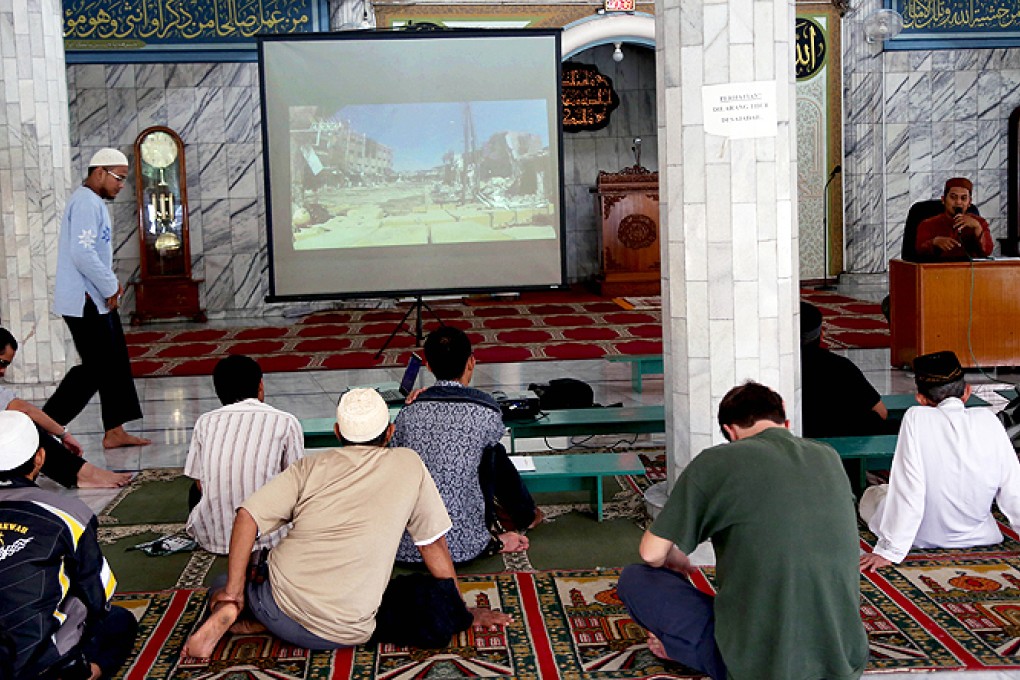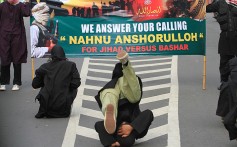Indonesian militants fighting with opposition in Syria, report says
Jakarta-based Institute for Policy Analysis of Conflict writes that Syria conflict has 'captured the imagination of Indonesian extremists in a way no foreign war has before'

Indonesians who have joined extremists fighting in Syria could help reinvigorate a once-powerful militant group responsible for major bombings in the world’s most populous Muslim nation, a report said.
“The conflict in Syria has captured the imagination of Indonesian extremists in a way no foreign war has before,” said a report by Jakarta-based Institute for Policy Analysis of Conflict published this week.
It is a change of pattern for Indonesian militants who previously have gone to Afghanistan in the late 1980s and 1990s mainly for training, or to the Palestinian territories to give moral and financial support to fellow Muslims, the report said.
“The enthusiasm for Syria is directly linked to predictions in Islamic eschatology that the final battle at the end of time will take place in Sham, the region sometimes called Greater Syria, or the Levant, encompassing Syria, Jordan, Lebanon, Palestine and Israel,” the report added.
This notion has attracted Indonesians from different radical streams to go or try to go to Syria, including the Jemaah Islamiyah, or JI, a group responsible for the 2002 bombings on the resort island of Bali which killed 202 people, mostly foreigners.

After the 2002 attack, a government crackdown that either killed or jailed JI’s leaders has crippled the group and attacks carried out by it or its splinter groups have been smaller.